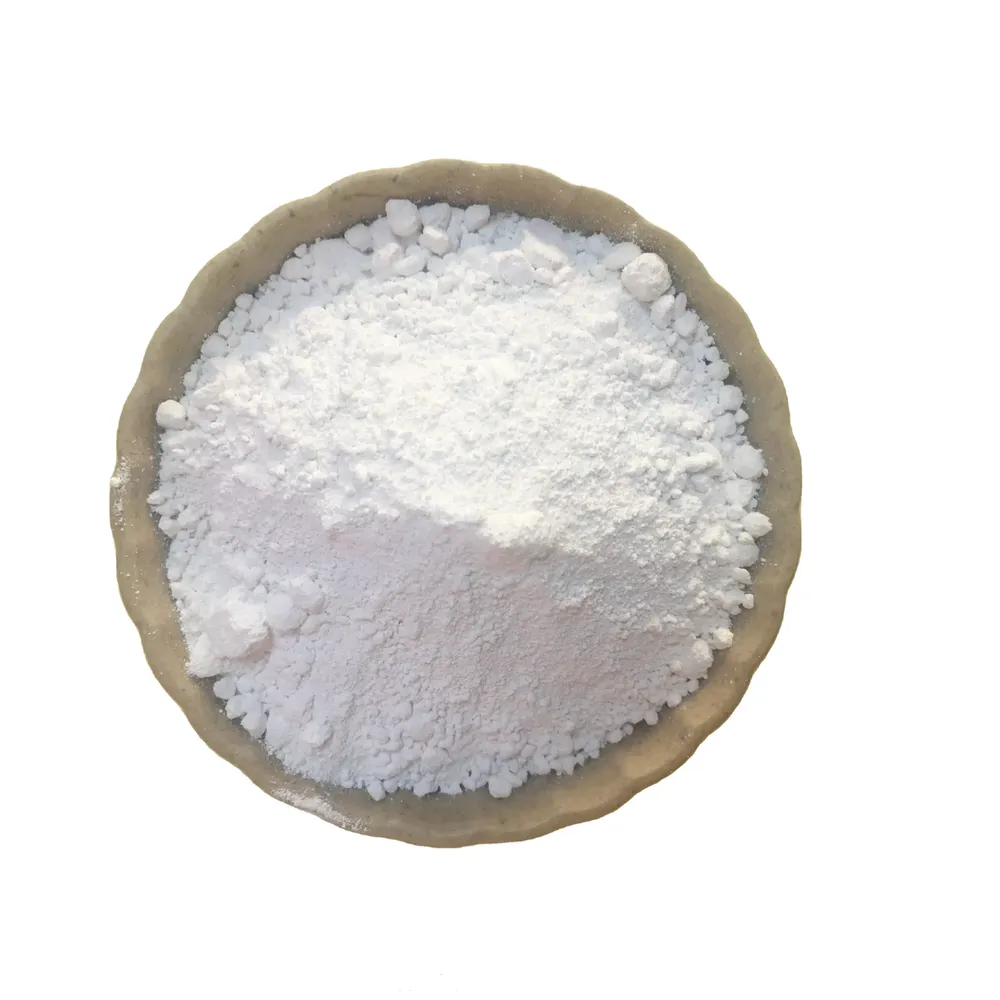
ທ.ວ. . 09, 2024 22:09 Back to list
Properties and Applications of Barium Sulphate in Liquid Form
Understanding Barium Sulphate Liquid Properties, Uses, and Applications
Barium sulphate (BaSO₄) is a white crystalline powder that is insoluble in water but can be used as a liquid suspension for various industrial and medical applications. The compound derives its significance from its unique properties, which make it an essential material in various fields such as medicine, manufacturing, and environmental science.
Chemical Properties
Barium sulphate is a naturally occurring mineral known as barite. It possesses an intriguing chemical structure characterized by barium ions (Ba²⁺) and sulphate ions (SO₄²⁻). Its most notable property is its high density, which is approximately 4.5 g/cm³. This property is advantageous in many applications, particularly as a radiopaque agent in medical imaging.
Despite its insolubility in water, barium sulphate can be formulated into a liquid suspension, allowing it to be used in a variety of settings. The liquid form typically involves a mixture of barium sulphate powder suspended in either water or oil. This method enhances its applicability without compromising its useful properties.
Medical Applications
One of the primary uses of barium sulphate liquid is in the medical field, specifically in radiography. It serves as a contrast agent in imaging techniques, particularly in X-rays and CT scans of the gastrointestinal (GI) tract. When ingested, the barium sulphate liquid coats the lining of the esophagus, stomach, and intestines, allowing for clearer visualization of these structures on radiographic images. This is crucial for diagnosing various conditions such as blockages, ulcers, and tumors.
The liquid formulation is preferred over the powder form because it allows for easier ingestion and more uniform distribution throughout the GI tract. Patients typically undergo a ‘barium swallow’ or ‘barium enema’ procedure where the liquid is either ingested or introduced rectally, providing comprehensive imaging results.
barium sulphate liquid

Industrial Uses
Beyond medical applications, barium sulphate liquid finds its place in various industries. Its non-toxic nature and high density make it useful as a pigment in paints and coatings. Here, it enhances the durability, opacity, and brightness of products, making it ideal for high-quality paints.
Additionally, the oil and gas industry employs barium sulphate as a weighting agent in drilling fluids. By increasing the density of the drilling mud, it helps control pressures while drilling and prevents blowouts. Moreover, it provides thermal and chemical stability, which is vital during drilling operations.
Another industrial application includes its use as a filler in plastics and rubber products. The addition of barium sulphate improves the physical and mechanical properties of these materials while also contributing to their whiteness and brightness. This makes it an essential component in the manufacturing of various consumer products.
Environmental Considerations
Like many industrial materials, the use of barium sulphate raises certain environmental concerns. While barium sulphate is generally considered non-toxic, improper disposal or spills can lead to soil and water contamination. Therefore, it is crucial for industries using this compound to adhere to regulations and implement safe handling practices to mitigate environmental impact.
Conclusion
Barium sulphate liquid is a versatile compound with a wide range of applications across various fields. From its role as a vital contrast agent in medical imaging to its use in industrial processes, its unique properties make it indispensable in many settings. As industries continue to evolve, the demand for safe and efficient materials like barium sulphate will likely grow, reaffirming its crucial role in our scientific and industrial endeavors. Whether through enhancing medical diagnostics or improving product formulations, barium sulphate demonstrates the importance of chemical compounds in our everyday lives.
-
China Lithopone in China Supplier – High Quality Lithopone ZnS 30% Powder for Wholesale
NewsJun.10,2025
-
Top China Titanium Dioxide Company – Premium TiO2 Powder Supplier & Manufacturer
NewsJun.10,2025
-
Fast Shipping 99% Pure TiO2 Powder CAS 13463-67-7 Bulk Wholesale
NewsJun.10,2025
-
Top China Titanium Dioxide Manufacturers High-Purity R996 & Anatase
NewsJun.10,2025
-
Lithopone MSDS Factories - Production & Quotes
NewsJun.10,2025
-
High-Quality Titanium Dioxide in Water Suppliers - China Expertise 60
NewsJun.09,2025
